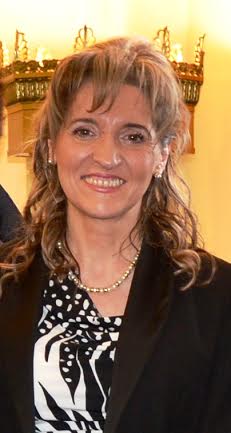Teachers here have been warned to watch out for young girls taking prolonged absences from school to visit their or their family’s country of origin for fear they are at risk of the “barbaric” pratice of Female Genital Mutilation, local MEP Martina Anderson has said.
Speaking in the European Parliament today – the 10th International Day of Zero Tolerance to Female Genital Mutilation (FGM) – the Sinn Fein representative described the practice as “barbaric” and “archaic.”
It is estimated over 3,000 women in Ireland have been victims of FGM, despite the fact it is illegal and thousands of girls and women in Europe are at risk of undergoing the procedure, either illegally in Europe – or by being brought back to their parents’ country of origin.
Addressing MEPs, Ms Anderson said: “This is a barbaric and archaic practice that needs to stop, many people who are forced to undergo this practice bleed to death – or die of infections from the use of dirty utensils.
“It involves removing and damaging healthy and normal female genital tissue, and hence interferes with the natural function of the female body.
“The practice causes severe pain with several immediate and long-term health consequences, including difficulties in childbirth also causing dangers to the child.
“Those who survive the procedure face severe and lasting effects from infections to severe problems during childbirth.
“I praise those, such as the national network of migrant women living in Ireland, for the work they have done in this area, – but regret that the practice endures.
“Obviously the fact that we are still discussing this means that not enough has been done and in my own constituency teachers are being warned to watch out for young girls taking prolonged absences from school to visit their or their family’s country of origin for fear they are at risk of FGM as it is invariably carried out on minors and is a violation of the rights of children.
“Ireland has done well to make this illegal under Irish law, but there is still a lot of work to be done with regards awareness of this issue. It reflects deep-rooted inequality between the sexes, and constitutes an extreme form of discrimination against women
“I was glad that the UN General Assembly in Dec 2012 accepted a resolution on the elimination of female genital mutilation – and the EU should do likewise. Successive Presidencies of the European Council have failed to make this a priority and it is a European problem.”
She concluded: “So I welcome the fact that it is now on the agenda and I hope this debate is the first of many on the issue – and that we can it follow up with resolute action.”







